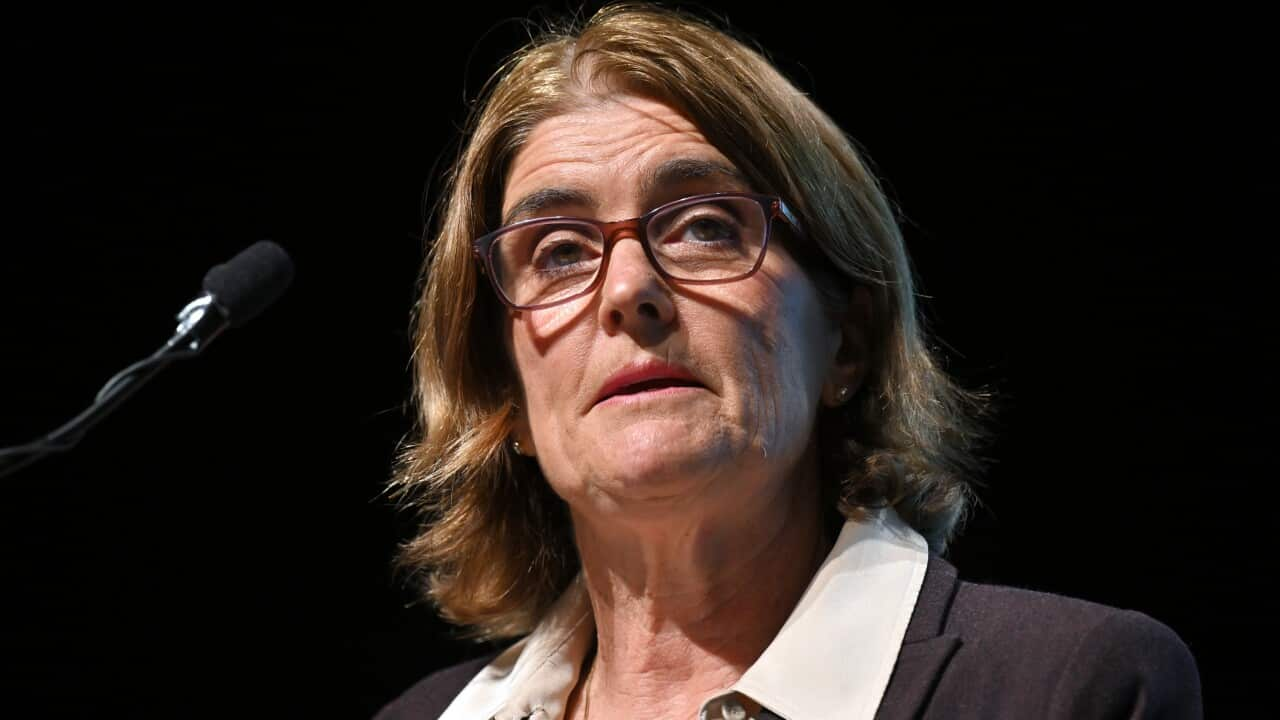The Reserve of Australia's (RBA) cash rate cut will give mortgage holders repayment relief — but its impact on renters is more difficult to ascertain, economists say.
The central bank's board cut the official cash rate on Tuesday by a quarter of a percentage point to 4.10 per cent.
It is the RBA's first rate cut since 2020, and follows softer-than-expected December quarter consumer price index figures that brought annual underlying inflation close to the RBA's target band of 2-3 per cent.
For an average owner-occupier with a $600,000 loan, that cut translates to a $92 reduction in their minimum monthly repayments.
But some economists say the rate cut won't have any immediate effect on rent price pressures.
How would interest rate cuts impact renters?
Rental prices have boomed since the beginning of the COVID-19 pandemic — CoreLogic data shows rents increased 39 per cent nationally between August 2020 and June 2024.

The Consumer Price Index rose 0.2 per cent in the December 2024 quarter and 2.4 per cent annually, according to the Australian Bureau of Statistics. Source: SBS News
Ahead of the RBA board's decision on Tuesday, Martin told SBS News it was "pretty clear there wouldn't be any" short-term effects from a rate cut.
He said the relationship between interest rates and rent increases is "a little bit controversial".
"The conventional argument would be that interest rate increases decrease rents, but that's contrary to the argument we hear from real estate agents and other people in the property industry saying that landlords are passing on rent increases to tenants," he said.
Martin said long-term interest rate cuts would likely increase the amount of rental housing supply, which could pause growth in prices, according to RBA modelling.
Australia's 'big four' banks are predicting a series of rate cuts from the RBA.
Commonwealth Bank's economic team expects three more 0.25 percentage point cash rate cuts in 2025.
Domain chief economist Dr Nicola Powell told SBS News there's been an increase in investors buying properties recently to rent out, potentially influenced by the prospect of a rate cut.
"Investors are probably making their move because they know once we get into a rate-reducing cycle and we see multiple rate cuts coming through, it's likely to create momentum in our housing markets and push up pricing," she said.
Rate cuts affect demand and supply
Peter Tulip, chief economist at the Centre for Independent Studies, told SBS News rate cuts could provide a boost to the sluggish construction industry and result in an increase in the number of homes being built.
"A reduction in interest rates will stimulate activity, renters having more money to splash around, and that boosts demand. But at the same time, it also boosts construction, so you'll get more housing supply," he said.
These two effects could largely offset each other, meaning there wouldn't be much of an impact of a rate cut on rents, he said.
Tulip said landlords don't tend to pass on costs or savings to tenants.
"If you have two properties next to each other and they're the same size, they're going to rent for the same amount regardless of whether one landlord has a huge mortgage or not," he said.
According to Tenants Union of NSW chief Leo Patterson Ross, one in four landlords don't have a mortgage and aren't impacted by rate changes.
Cash rate is not the only factor driving rental prices
Powell said the cash rate is not the most significant factor shaping rental prices or home prices.
"The cash rate does drive price cycles for buyers because it influences how much you can borrow and, therefore, how much you can pay for a home at an auction or if you're purchasing it by private treaty," she said.
"But one of the biggest things that put a boost onto housing demand and therefore price growth is population growth because obviously, population growth means greater demand for homes."
Tulip said rents are still rising because "we don't have enough homes", which is evident in lower-than-average rental vacancy rates around the country.
Powell said "extremely tight" rental conditions have allowed landlords to raise rents significantly due to an undersupply of rental properties.
"Market conditions dictate rental price movements," she said.
"And what those market conditions are doing at the moment is the rental space is easing, and I think the prospects of rate cuts have brought investors back into the market, particularly in some of our capital cities.
"And that higher level of supply is one of those things that's helping to slow down the rental market, slow down the pace of rent increases."
Powell said when rates come down, more renters would have the opportunity to buy homes because of their increased borrowing capacity.


